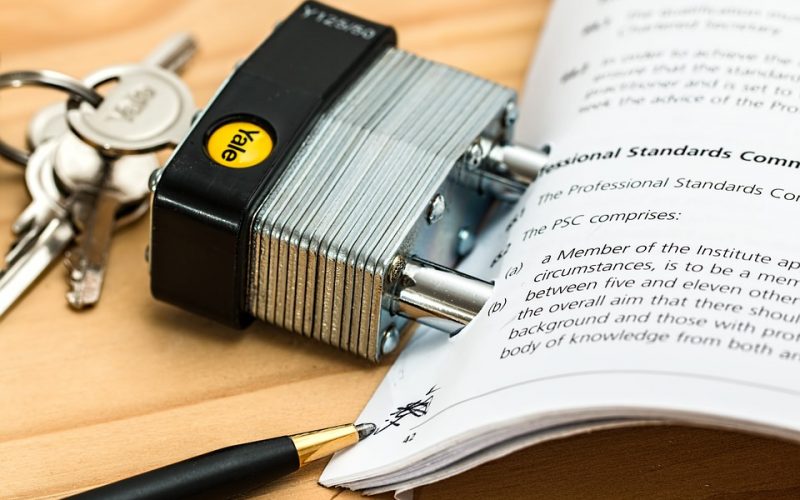Finding out that your partner is a bigamist can be a devastating and life-altering experience. This revelation often brings with it a whirlwind of emotions, ranging from shock and anger to confusion and betrayal. Understanding the implications of bigamy and how to navigate this complex situation is crucial for your emotional well-being and legal protection.
What is bigamy and why does it happen?
Bigamy, the act of marrying someone while still legally married to another person, is illegal in many countries, including the United Kingdom. This deceitful practice often stems from a variety of motives, such as financial gain, a desire for companionship, or even an attempt to escape a troubled first marriage. Regardless of the reason, the discovery of bigamy can leave the affected partner feeling deeply betrayed and unsure of how to proceed.
The emotional impact of discovering bigamy
The emotional toll of uncovering a partner's bigamy can be overwhelming. You may experience a range of feelings, including anger, sadness, disbelief, and confusion. These emotions are entirely normal and part of the healing process. It's important to give yourself time to process this information and seek support from trusted friends, family members, or a professional counsellor. Talking about your feelings can help you gain clarity and begin to move forward.
Legal implications and steps to take
Discovering that your partner is a bigamist has significant legal implications. In the UK, bigamy is a criminal offence, punishable by up to seven years in prison. If you find yourself in this situation, it's essential to take immediate action to protect your rights and interests. Consult with a family law solicitor to understand your legal options, such as seeking an annulment or divorce. Additionally, gather any evidence of bigamy, such as marriage certificates or witness statements, to support your case.
Coping with the aftermath and rebuilding trust
Coping with the aftermath of discovering bigamy involves addressing both the emotional and practical aspects of the situation. While legal proceedings are essential, it's equally important to focus on your mental health and well-being. Engage in activities that bring you joy and relaxation, and consider joining a support group for individuals who have experienced similar betrayals. Rebuilding trust in future relationships may take time, but with patience and self-care, it is possible to heal and move forward.
Moving forward and finding closure
Finding closure after discovering a partner's bigamy can be challenging, but it is achievable. Focus on your personal growth and take steps to rebuild your life independently. This might include pursuing new hobbies, setting personal goals, or even seeking professional development opportunities. Remember that finding closure is a personal journey, and it's okay to seek help when needed.
Seeking support and resources
Lastly, remember that you are not alone in this experience. Numerous resources are available to help you cope with the emotional and legal challenges of discovering bigamy. Reach out to support groups, legal aid organisations, and mental health professionals for guidance and assistance. By seeking support and utilising available resources, you can begin to heal and rebuild your life with confidence.
Discovering that your partner is a bigamist is undoubtedly a traumatic experience, but with the right support and guidance, you can overcome this challenge and emerge stronger. Focus on your well-being, seek legal advice, and take steps towards healing and rebuilding your life.





















